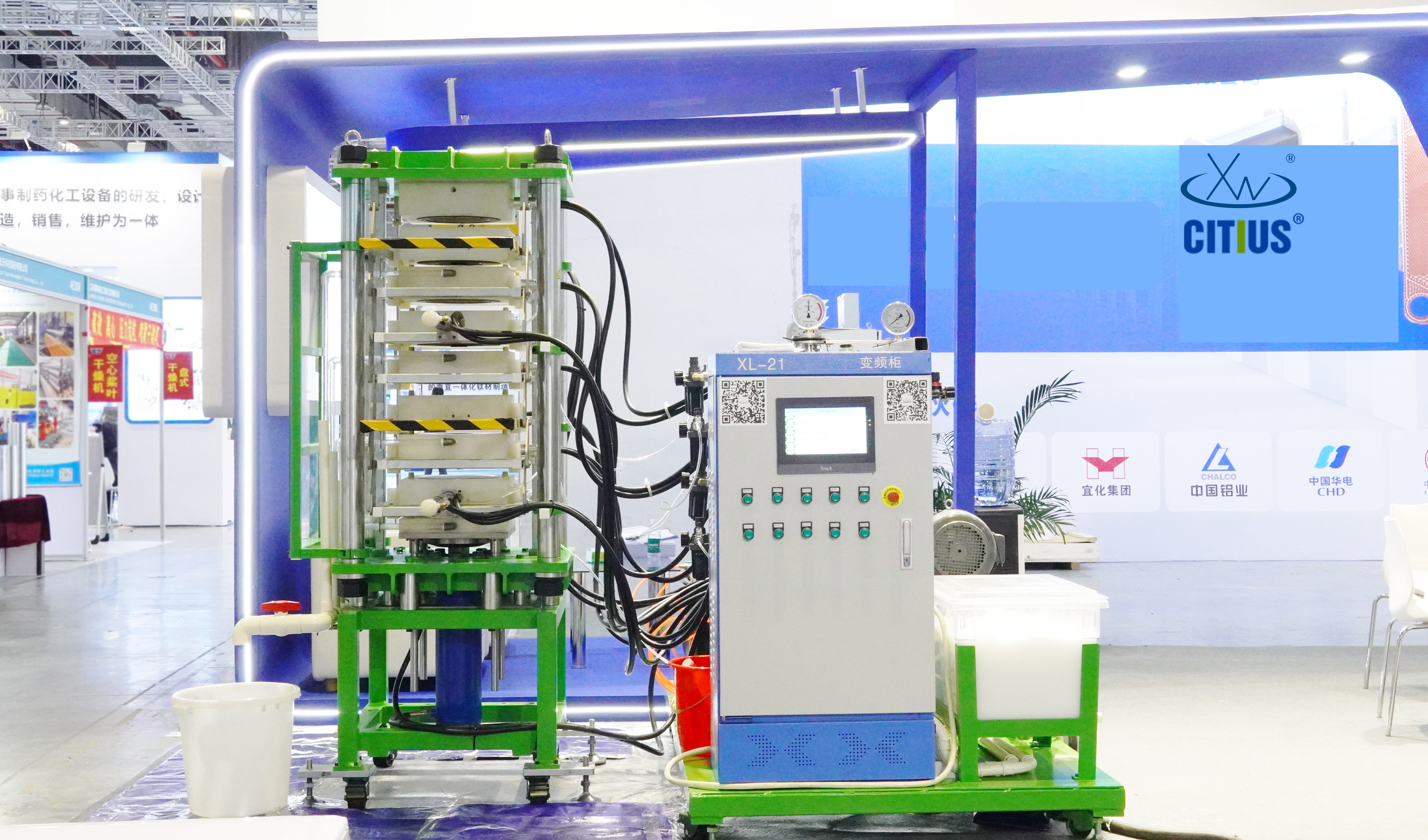Unlocking the Future: The Role of Nano Filters in Non-Metallic Ore Processing
Release time:
2025-09-06
Introduction to Nano Filters
Hey there, savvy readers! Have you ever wondered how the mining industry is tackling the challenges of sustainability and efficiency? Let's dive into the fascinating world of Nano Filter for Non-Metallic Ore, a technology that's not just a buzzword but a game-changer in ore processing.
What's the Deal with Non-Metallic Ores?
Non-metallic ores, such as kaolin, gypsum, and barite, are essential in various industries, from construction to ceramics. Unlike their metallic counterparts, these ores lack metallic elements but are rich in industrial applications. However, processing them efficiently has always been a bit of a pickle!
The Challenge
Traditional methods of separating non-metallic ores often lead to waste and inefficiencies. Enter nano filters! These tiny yet mighty tools can help streamline the process, reducing waste and increasing yield. But how?
What Exactly is a Nano Filter?
To put it simply, a nano filter is a filtration technology that operates on a nanoscale—think of it as a bouncer at the club of minerals! It allows certain particles to pass through while keeping the unwanted ones out. This precision makes it ideal for non-metallic ore processing.
Why Should We Care?
Well, for starters, using a Nano Filter for Non-Metallic Ore can significantly reduce the amount of water and energy required in processing. This means fewer resources are wasted, making the process not only more economical but also environmentally friendly.
The Benefits of Nano Filters
Let's break it down! Here are some nifty benefits of integrating nano filters into non-metallic ore processing:
- Efficiency: These filters can separate particles at a microscopic level, resulting in higher purity and yield.
- Cost-Effectiveness: Reducing waste translates to lower operational costs—a win-win!
- Eco-Friendly: Less energy and water usage contribute to a smaller carbon footprint.
- Versatility: Nano filters can be tailored for different types of non-metallic ores, making them adaptable to various mining operations.
Real-World Applications
So, where are these nano filters being put to work? Industries like ceramics, plastics, and even pharmaceuticals are tapping into the benefits. For example, in the ceramics industry, nano filters help in refining clay, ensuring a consistent and high-quality product. Talk about a technological revolution!
Challenges and Considerations
Of course, no technology is without its challenges. The initial cost of implementing nano filters can be a hurdle for some mining operations. Additionally, ongoing research is necessary to optimize their use across different types of ores. But the potential upsides? Totally worth it!
The Future is Bright
As the mining industry continues to evolve, technologies like the Nano Filter for Non-Metallic Ore will play a crucial role in shaping a more sustainable future. With increasing demand for transparency and environmental responsibility, adopting these innovations could set a company apart from the competition.
Conclusion
In conclusion, nano filters represent a pivotal shift in how we approach non-metallic ore processing. They offer solutions that not only improve operational efficiency but also promote sustainable practices. So, if you're in the mining sector, it might be time to consider jumping on the nano filter bandwagon!

